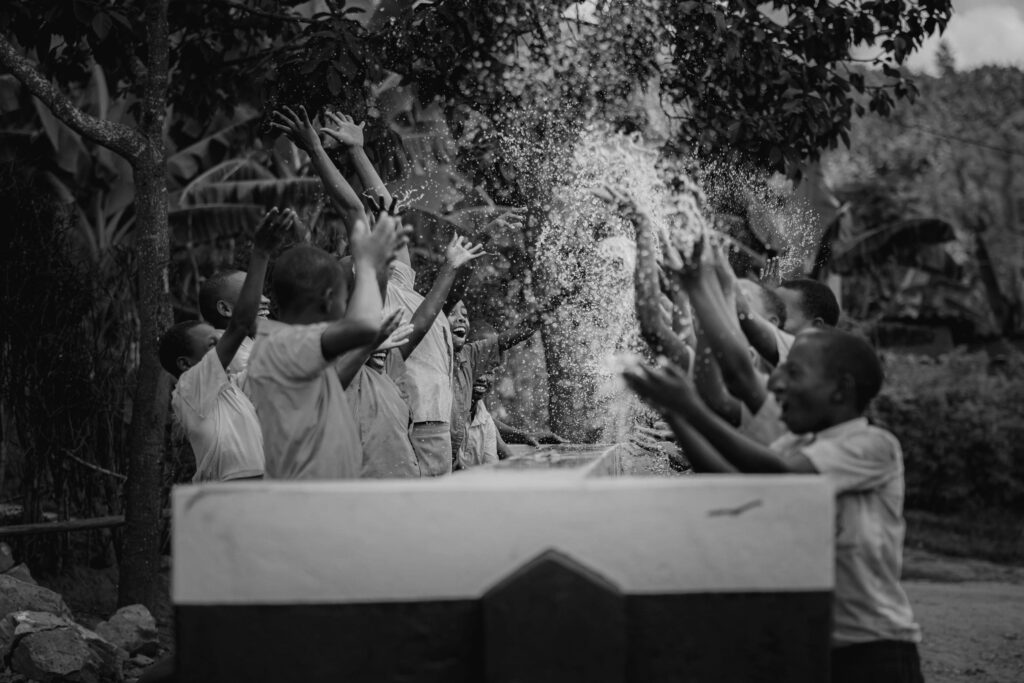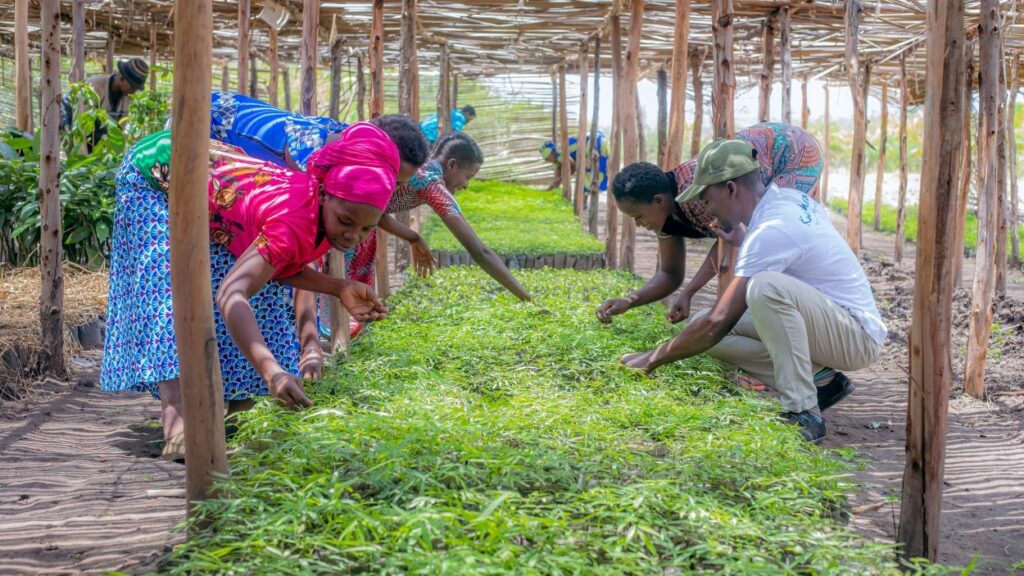Samuel Ntirenganya and Dusabimana Jeanne d’Arc from Gatsibo district, Remera sector, are married and have one child together. They both practice farming for a living and are 29 and 27 years old respectively.
The couple has encountered conflict that notably resulted in violence but with help from different organizations, they were provided with training sessions on how to prevent the occurence of any form of violence between partners.
“We lived as though we were strangers. I would make decisions without my wife knowing and as a young couple, this would affect our relationship in such a way that there was emotional harassment as a result of my way of conduct,” says Samuel.
In households where Intimate Partner Violence prevails, there is too much weight for family members as it extends far beyond the couple involved. The entire family feels the burden of the conflict, not forgetting that children witness instability to mention but a few.
Family bonds are strained, and a cycle of fear and control can emerge, threatening to carry into future generations. For many families, the journey to healing is not only possible but transformative.
Intimate Partner Violence among couples can be catalyzed by various factors of which the most common are cultural norms,beliefs,perceptions about gender roles and Individual family background.
Notably, gender stereotypes can play a significant role in fueling intimate partner violence (IPV) by reinforcing harmful expectations and power imbalances between partners
“At home, I had never seen my husband help me with house chores or even spend some time at home with me or our child as he would spend most of his free time in bars with friends,only returning home to sleep.” However, all that changed when we attended the training sessions provided through the BAHO project organized by Care International in Rwanda.” Says Jeanne d’Arc.
Intimate Partner Violence continues to impose numerous challenges on its victims both locally and globally and its prevention involves a multifaceted approach that includes education,communication, community support, and individual commitment.
Through counseling and therapy, victims and survivors find a path toward safety, while family members learn skills for communication, conflict resolution, and emotional management. These resources not only provide protection but also foster healing, teaching families that cycles of violence can end.

On 19th June, 2024.Samuel Ntirenganya (left) and Jeanne d’Arc Dusabimana (right) with their child (middle). Samuel is bathing their son while Jeanne d’Arc is preparing beans for dinner.
“We’ve begun to reap the benefits of our newfound family harmony. As a result, we’ve been able to invest in cattle, which serve multiple purposes for us. We also have plans for many other projects that will benefit our family.” says Samuel and Jeanne d’Arc.




